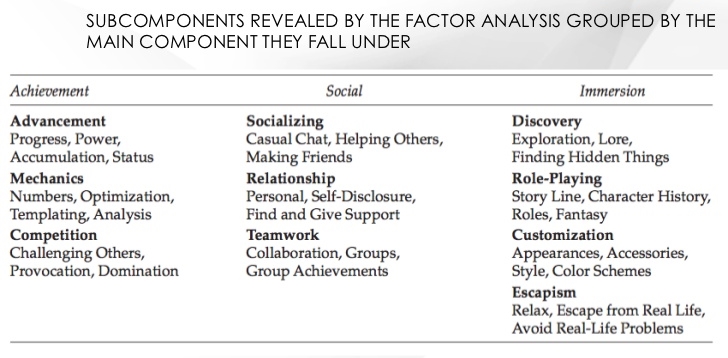As gamers we are used to adopting new identities. We then discard them the same way a snake sheds it’s skins. We change between personalities as often as a girl changes her clothes. Want a make-over? Start playing a new game or create a new character. You can be the hero of Gotham City, you can be Ronaldo, you can be Lara Croft. Or maybe you just want to be a more ideal version of yourself. The possibilities are endless. This begs the question – As gamers, are we all suffering from some strange form of multiple-personality disorder?
For myself, I’ve never felt all my (sometimes wildly opposing) personality traits fit very well into just one person. As a result of this, as well as being a very playful person in general, I have gone by many different names – both in games and in real life.

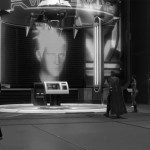
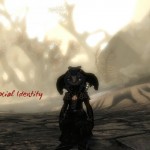









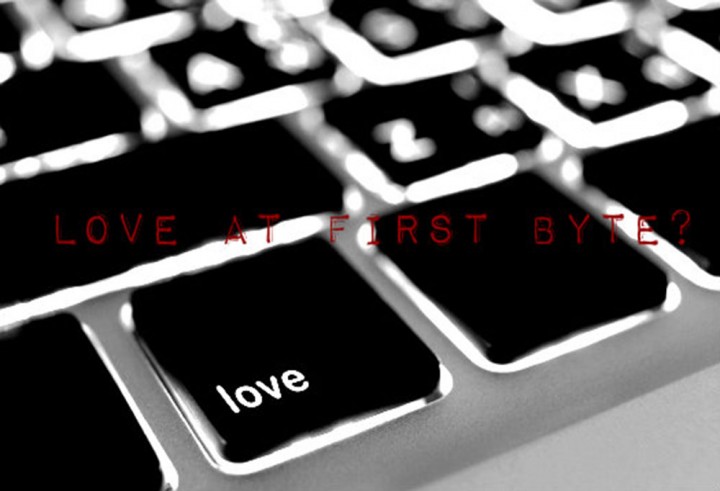
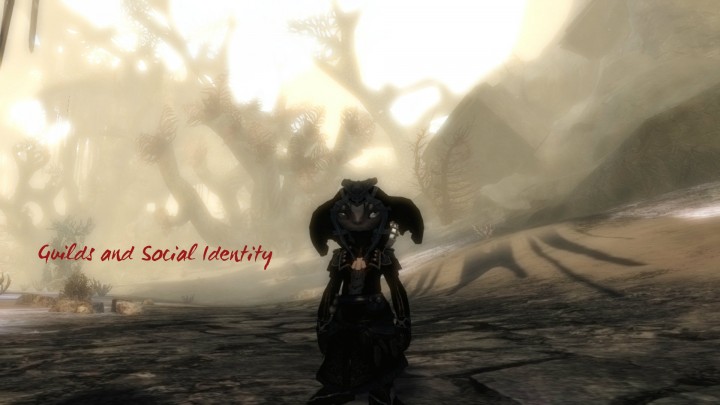
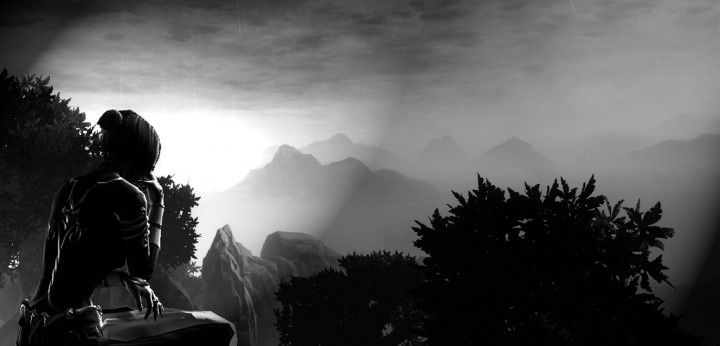
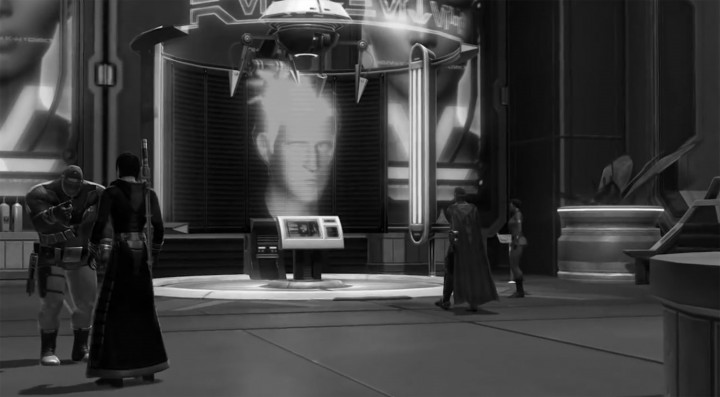
 have one or two things in common like the eye colour or make up. She gears her characters to suit the role they play.
have one or two things in common like the eye colour or make up. She gears her characters to suit the role they play.
